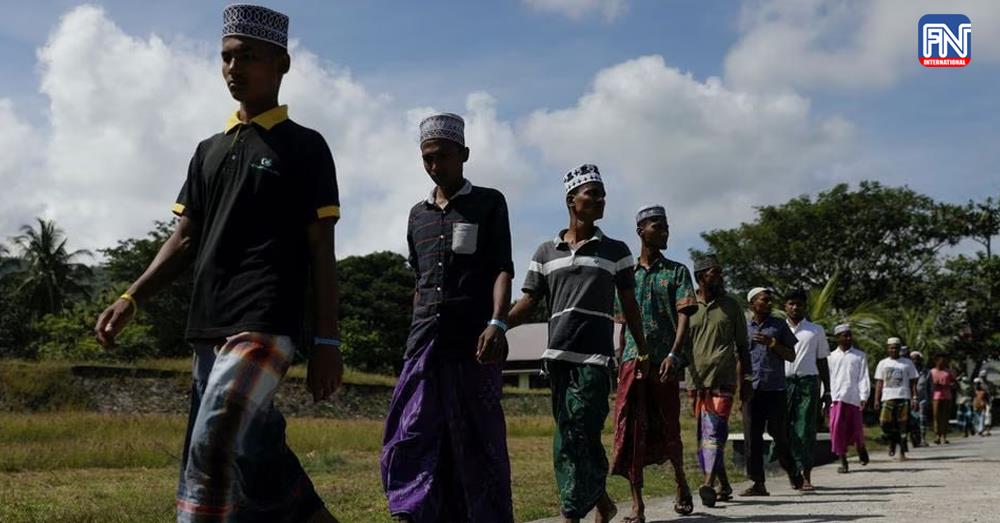DHAKA, March 7 (Reuters) - The United Nations called on Tuesday for $876 million in funding for Rohingya Muslims in the world’s largest refugee settlement in Bangladesh as the crisis entered its sixth year.
The call came at a time when the World Food Programme slashed food aid to Rohingya refugees from this month, blaming a funding shortfall.
More than a million Rohingya are living in squalid camps in southern Bangladesh that make up the world's largest refugee settlement, with little prospect of returning to Myanmar, which many fled in 2017 to escape an army crackdown.
The United Nations is seeking funding for 1.47 million people, including 495,000 in host communities, to provide food, shelter, health care, access to drinkable water, protection services, education, as well as livelihood opportunities and skills development, its refugee agency (UNHCR) said in a statement.
"With decreased funding, refugees stand to face even more challenges in their daily lives in terms of proper nutrition, shelter materials, sanitation facilities and livelihood opportunities."
The UNHCR said in August that it received $426 million in 2022, less than half of over $881 million it sought.
Refugees said it was crucial the world did not forget the plight of the Rohingya, who are unable to return to Myanmar, but have no future in Bangladesh, where they are not allowed to work.
"The global community should not forget the crisis. They should come forward and help us as much as they can," Mohammed Jafar, a Rohingya refugee in Bangladesh, told Reuters.
Increasing numbers of refugees embark on perilous and often fatal boat journeys to reach countries such as Malaysia and Indonesia as violent crime adds to longstanding troubles like a lack of educational and work opportunities and bleak prospects of returning to military-ruled Myanmar.
The UNHCR said Bangladesh relocated some 30,000 Rohingya refugees on a voluntary basis from the camps in Cox’s Bazar to Bhasan Char island and plans to continue voluntary relocations up to a total of 100,000 refugees by the end of 2023.
